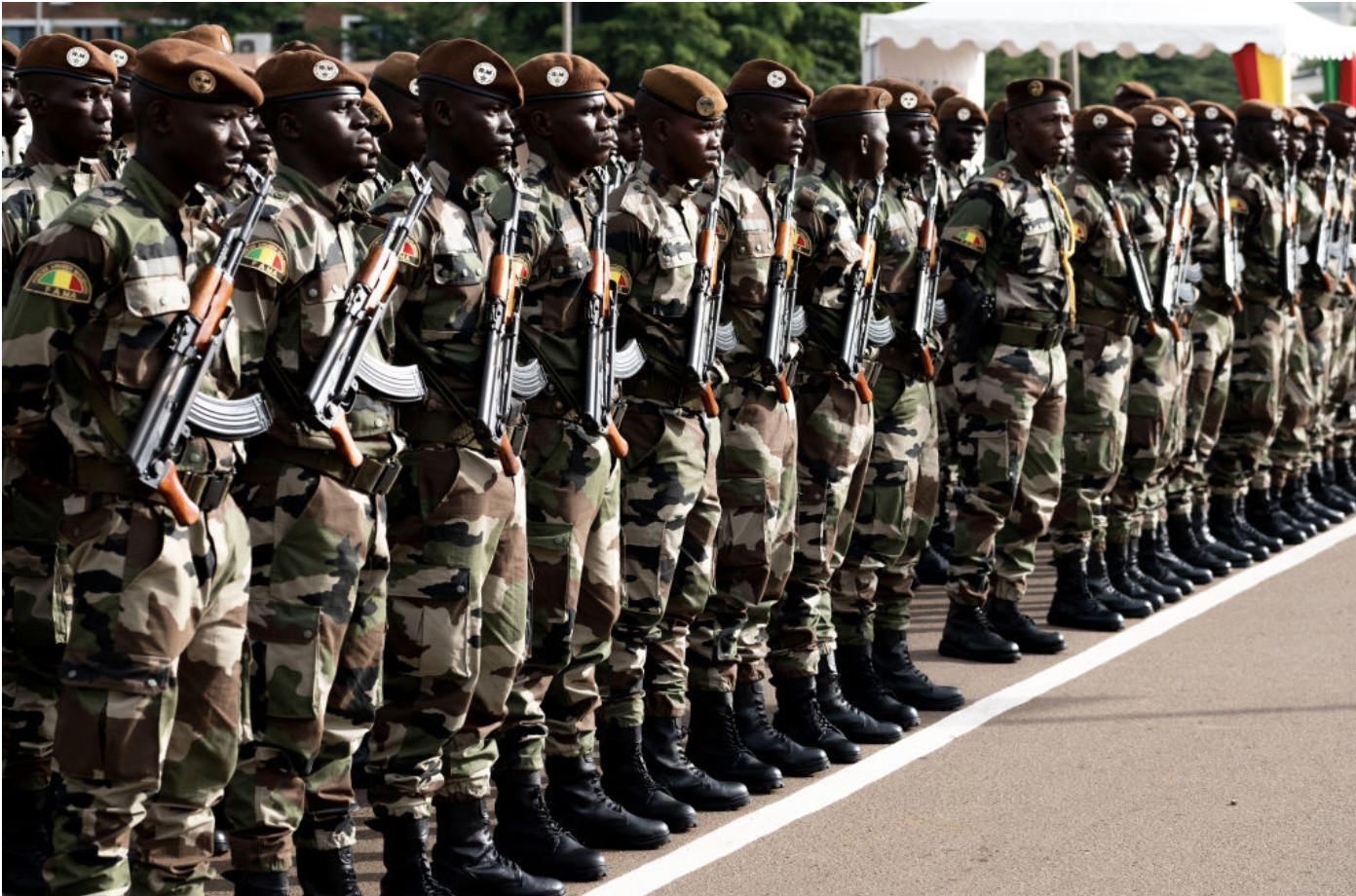
Gunfire heard at Mali army base outside capital

Gunfire was heard at an army base outside Mali’s capital Bamako on Tuesday as the Norwegian Embassy and security sources said a possible mutiny was underway.
Malian soldiers are said to have taken up arms and began arresting senior military officers in an apparent mutiny that comes after more than two months of demonstrations calling for the resignation of President Ibrahim Boubacar Keita.
According to local resident and security sources, soldiers fired gunshots in a military base in Kati, about 15 kilometers outside Bamako where a mutiny in 2012 led to a coup d’état, although it was not immediately clear who was firing at whom.
“There were lots of them and they were very nervous,” a doctor in the town told AFP
Gunfire had also been heard near the prime minister’s office, according to a source that handles security for a non-governmental organization in Mali.
Military trucks were also seen on the road heading to Bamako and roadblocks could also be seen on the road from Kati where the military camp is located, to the capital.
The situation remains unclear however news of the soldiers opening fire at the base triggered fears of a coup attempt in Mali.
The Norwegian embassy said in an alert to its citizens that the embassy had been notified of the mutiny urging citizens to exercise caution and stay home until the situation is clear.
The Embassy of France, the country’s former colonial power went on social media to recommend that everyone remain in their homes.
The west African nation has been in deep political crisis for months as President Keita has come under pressure from the opposition, who have led mass protests since June calling on his resignation for failure to restore security and address corruption.
The opposition group has since rejected attempts at mediation with the 75-year-old president, and vowed to continue staging rallies against him
At least 14 people have been killed in the protests, according to the United Nations and human rights activists.
Mali’s eight-year jihadist conflict is thought to be contributing to current political tensions in the country, with Keita under pressure to stop the fighting.
The government has been struggling to contain a jihadist insurgency that first broke out in 2012, and which has claimed thousands of lives since.
(input from agencies)






